Manon (1949) Online
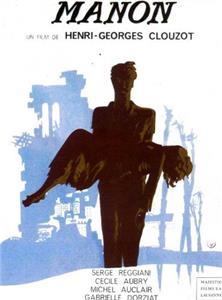
An adaptation of Abbe Prevost's classic French novel 'Manon Lescaut', updated to post-World War II France, in which a former French Resistance activist rescues Manon from villagers who want to lynch her for collaborating with the Nazis. They move to Paris, but their relationship quickly turns stormy after they get involved in profiteering, prostitution and murder...
| Cast overview, first billed only: | |||
| Serge Reggiani | - | Léon Lescaut | |
| Michel Auclair | - | Robert Desgrieux | |
| Cécile Aubry | - | Manon Lescaut | |
| Andrex | - | Le trafiquant | |
| Raymond Souplex | - | M. Paul | |
| André Valmy | - | Lieutenant Besnard / Bandit Chief | |
| Henri Vilbert | - | Le commandant du navire / Ship's Captain | |
| Héléna Manson | - | La commère (une paysanne normande) | |
| Dora Doll | - | Juliette | |
| Simone Valère | - | Isé, la soubrette | |
| Gabrielle Fontan | - | La vendeuse à la toilette | |
| Wanda Ottoni | |||
| Rosy Varte | - | Petit rôle | |
| Edmond Ardisson | - | (as Ardisson) | |
| Michel Bouquet | - | Le second |
In Italy, the film was shown only in original version with subtitles for censorship reasons.
First of Hubert de Lapparent's 120 films.
French visa # 6974 delivered on 11-2-1949.
Finnish censorship register # 030607.
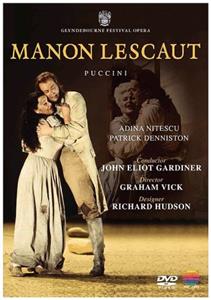

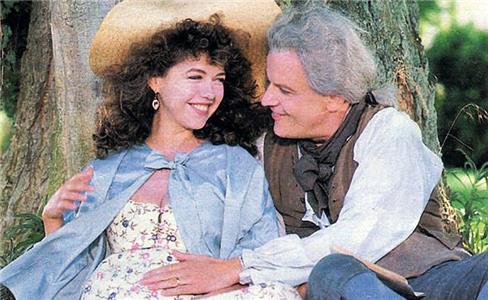
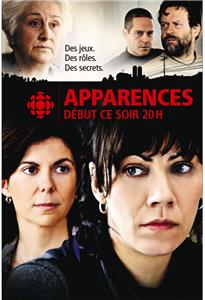
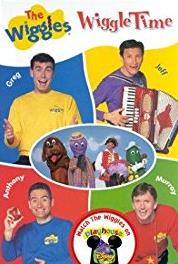
User reviews